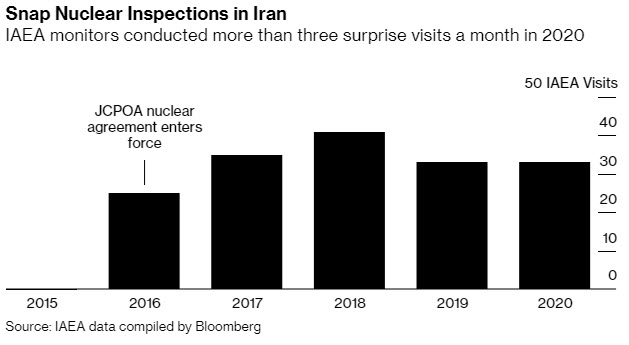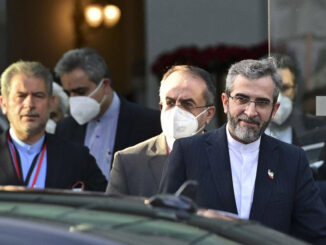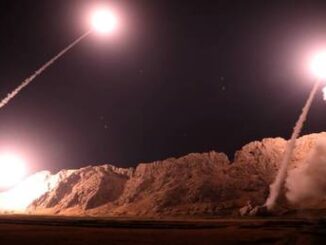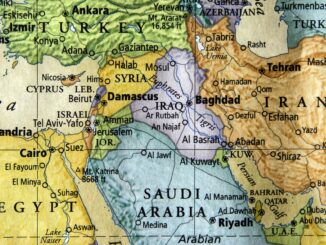
A global nuclear watchdog carried out around three-snap inspections of Iranian atomic facilities a month last year, underscoring the pressure on world powers as talks to rescue their landmark 2015 deal with Tehran approach next week’s expiry of a key monitoring agreement.
The International Atomic Energy Agency’s overall inspections in Iran also held near-record levels in 2020, according to a restricted report circulated to diplomats and seen by Bloomberg. A fifth of the 161 snap inspections called worldwide last year took place in Iran, according to the report.
Such visits were the centerpiece of the 2015 pact that reined in Tehran’s atomic work in exchange for sanctions relief, providing insight into activities at Iranian locations including uranium mines and centrifuge workshops.
But monitoring agreements were a casualty of former U.S. President Donald Trump’s decision to ditch the accord in 2018 and reimpose sanctions, prompting Iran to gradually expand its atomic activities. If inspections were to stop, the risks of a misunderstanding over Tehran’s intentions would rise.
Negotiators gathered in Vienna are attempting to bring both nations back into compliance with the so-called Joint Comprehensive Plan of Action, or JCPOA.

“Such inspections rely on factors such as randomness, unpredictability, and timely access, thereby strengthening their deterrent effect in States where they are conducted,” the IAEA said in the 113-page report.
IAEA inspectors had their power to call surprise visits curtailed this year after Iran’s parliament passed a law suspending the agency’s so-called Additional Protocol — the most-powerful set of international monitoring measures meant to give cradle-to-grave information about nuclear material and installations. Should diplomats revive their accord, Iran says it will continue submitting to the IAEA protocol.
“We are in the middle of a process,” IAEA Director General Rafael Mariano Grossi said on a broadcast panel this week in Vienna. “Before we get to the deadline, we hope there will be some form of agreement.”

The IAEA spent about 13% of its safeguards budget of 172 million euros ($208 million) in Iran last year, even as the country maintains just a fraction of the nuclear material that exists worldwide which could be used in a nuclear weapon. The agency increased the number of inspectors operating in Iran by 6% last year, to 285 monitors.
Other key points from the IAEA report include:
- Grossi reiterated his request to group of countries including Saudi Arabia to adopt stricter monitoring guidelines that are “essential to address the weakness in the Agency’s safeguards system.” The agency has been working to help the kingdom exploit uranium resources despite its inspectors being frozen out.
- IAEA inspections that had been prevented in three countries in 2019 were all resolved last year. One of the nations was Iran, which assented to IAEA requests for access to sites that may have hosted undeclared activities decades ago. The agency didn’t identify the other two countries.
- During 2020, agency inspectors acquired 1,264 satellite images in support of their investigations. Monitors have increasingly turned to real-time satellite streaming services, which they focused on 17 countries last year.



